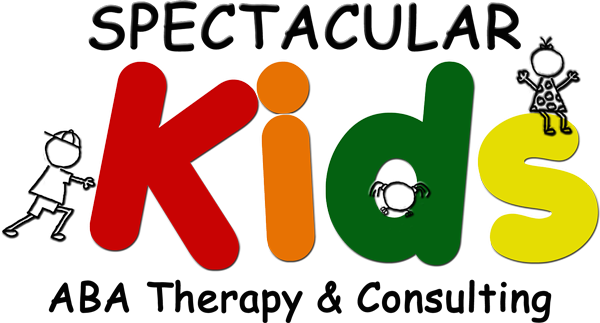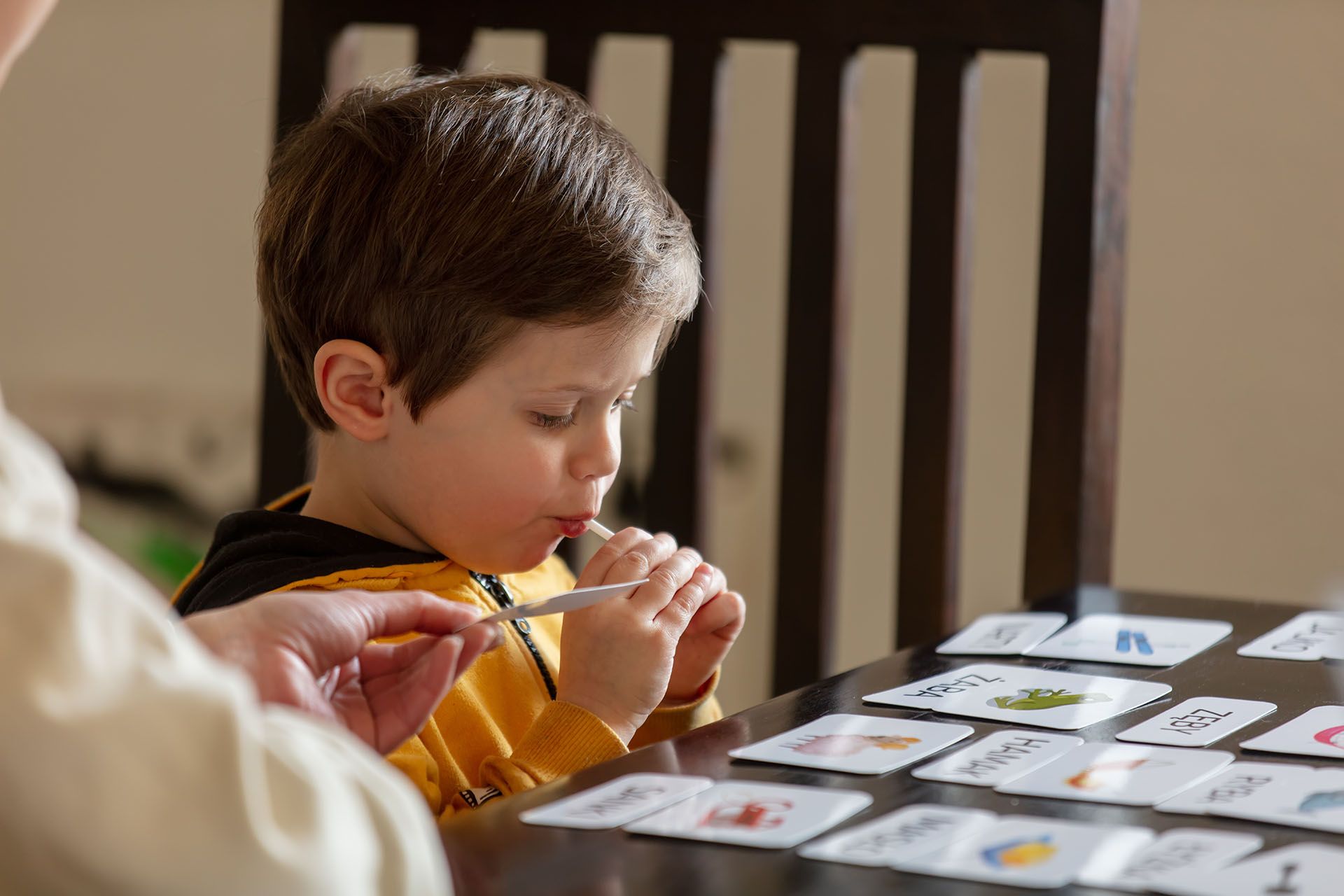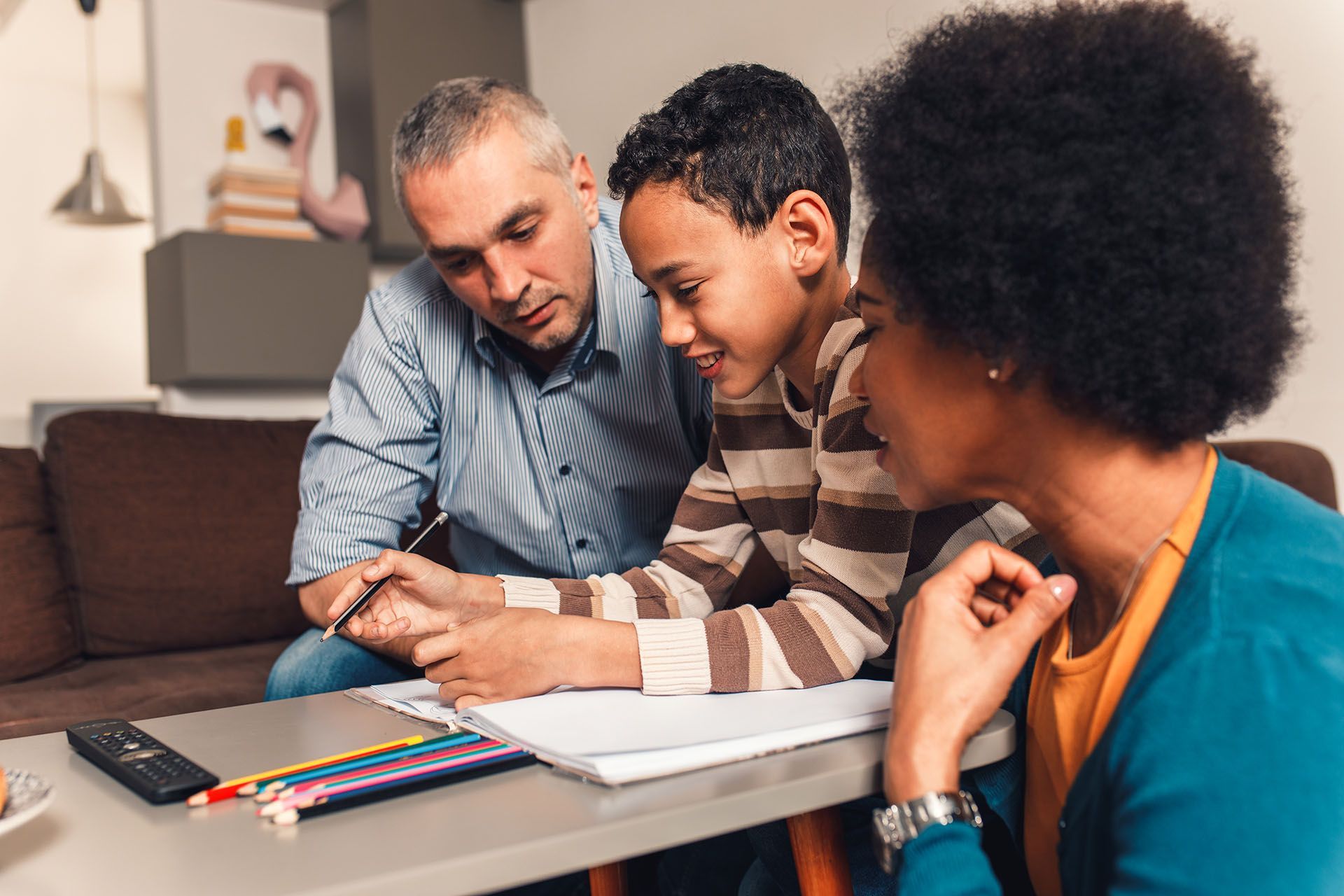What Does an RBT Do During a Session with Your Child?
At the start of a session, a Registered Behavior Technician (RBT) will typically begin by engaging with your child to build rapport. Establishing a connection is vital in making the child feel comfortable, thereby fostering a conducive learning environment. This initial interaction can include playing preferred games or engaging in favorite activities, all the while observing the child's behavior and responses to prepare for the structured activities ahead. These foundational moments are key to setting the tone for productive ABA therapy sessions. A strong rapport not only builds trust but also encourages the child to participate actively in the learning process.
Implementing Targeted Programs
During the heart of the session, the RBT implements specific programs designed by the BCBA to work on targeted skills. Whether it’s improving communication, social skills, or managing challenging behaviors, each activity is tailored to the child’s individual needs. With approximately one in six children aged three to 17 years diagnosed with a developmental disability, according to the CDC, these sessions are critical in providing personalized assistance that addresses unique challenges. The structured activities in ABA therapy aim to enhance the child’s overall development and daily functioning. These targeted programs are carefully structured to build on the child's strengths while addressing areas of difficulty.
Tracking Progress Through Data Collection
Data collection is another integral component of an RBT's session. As the child engages in various tasks, the RBT meticulously records progress, documenting successes and noting areas that may need further attention. This data-driven approach allows BCBAs to adjust the intervention plans as needed, ensuring that programs remain effective and align with the child's evolving needs. Consistently tracking data over time is a fundamental aspect of ABA therapy that ensures meaningful and measurable progress. Regular analysis of this data helps ensure that every session contributes to long-term developmental milestones.
Comprehensive Support for Developmental Growth
A therapy session is much more than just structured activities for your child. It is a comprehensive approach that combines rapport building, targeted interventions, and data collection to ensure that your child receives the most effective support possible. Through their dedicated work, RBTs contribute significantly to the positive development and well-being of children with developmental disabilities, helping them achieve meaningful progress in their everyday lives. ABA therapy not only fosters skill development but also builds confidence in both the child and their family. With the right support, your child can overcome challenges and develop skills that improve their overall quality of life.
For compassionate and personalized care, trust the expertise of Spectacular Kids ABA Therapy and Consulting, LLC to guide your child toward meaningful progress. Contact us today!
Share Post:
Leave Your Comment
Recent Posts
NEED MORE INFO?
If your child was diagnosed with Autism Spectrum Disorder, find out how ABA Therapy might be able to help your family.







